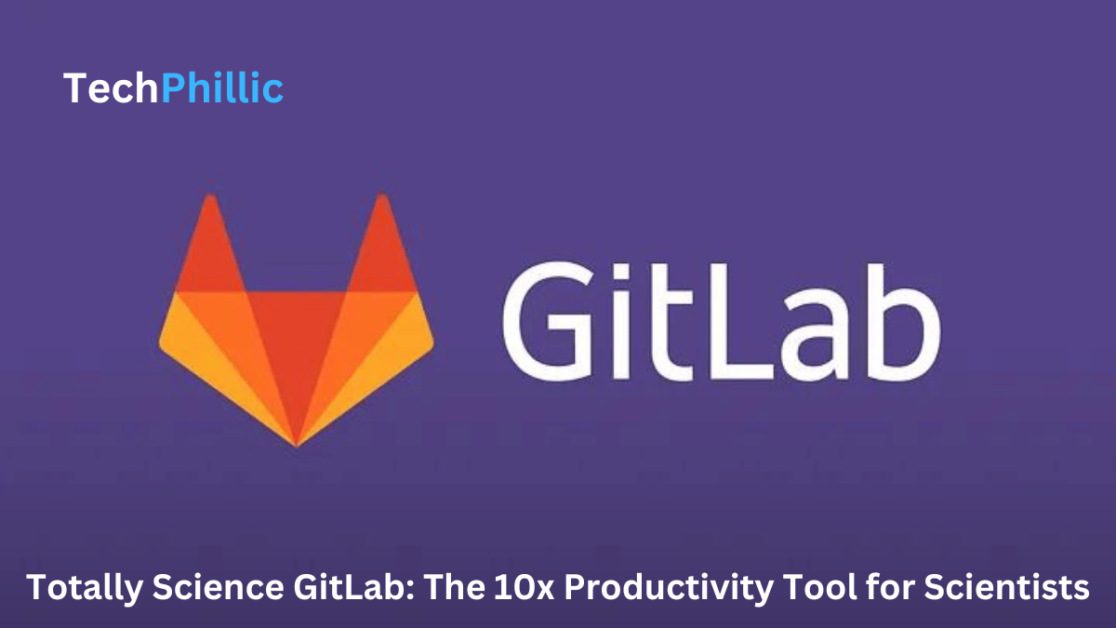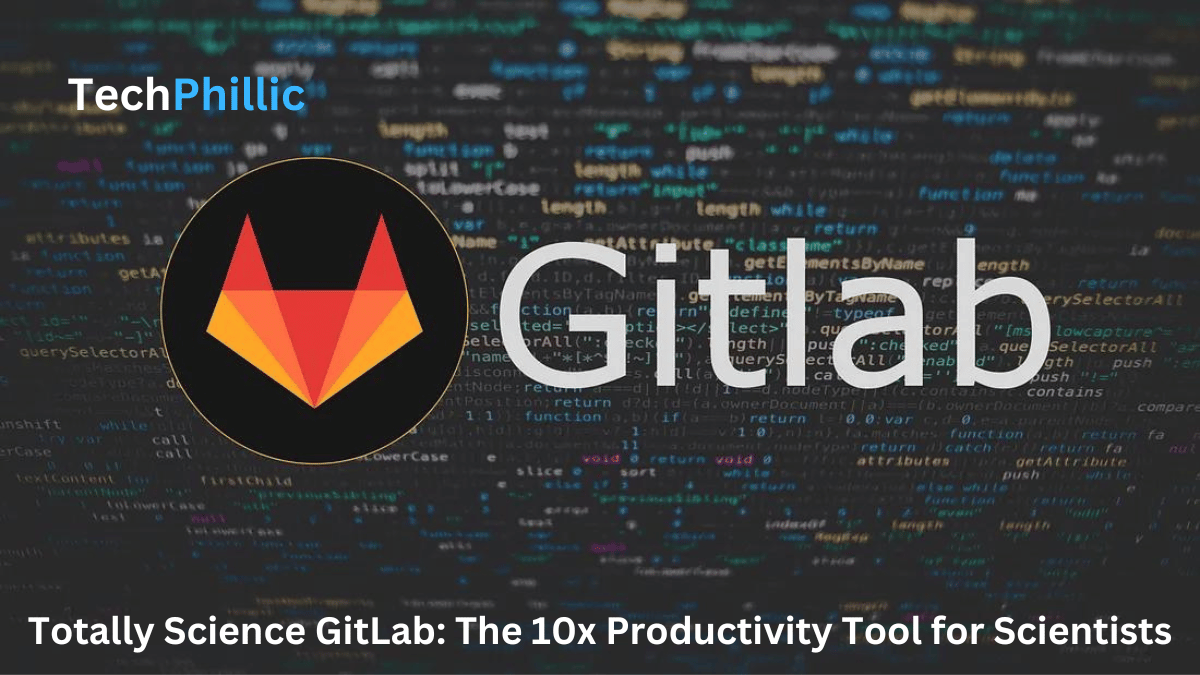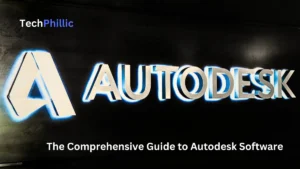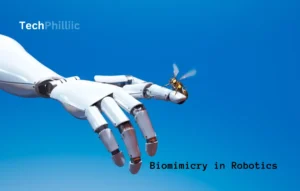Scientific research is a complex and collaborative process. Researchers from different parts of the world need to be able to share data, code, and ideas to make progress. However, this can be difficult and time-consuming, especially when researchers are using different tools and platforms.
That’s where Totally Science GitLab comes in. Totally Science GitLab is a powerful platform that helps scientists collaborate more effectively. It provides a single, centralized repository for code, data, and documentation so that everyone involved in the project has access to the latest information. It also provides a variety of tools for communication and collaboration, such as issue tracking, wikis, and chat
- Centralized repository: Having a single repository for code, data, and documentation makes it easy for everyone involved in the project to find the information they need. This can save time and frustration, and it can help to ensure that everyone is working on the same version of the project.
- Tools for communication and collaboration: It provides a variety of tools for communication and collaboration, such as issue tracking, wikis, and chat. These tools can help researchers to stay organized, to communicate effectively, and to resolve issues quickly.
- Automated workflows: It can be used to automate workflows, such as testing and deployment. This can free up researchers to focus on their research, rather than on repetitive tasks.
- Security and compliance: It is a secure and compliant platform. This means that researchers can be confident that their data is safe and that they are complying with all applicable regulations.
- Manage code and data: It provides a secure and reliable way to store and manage code and data. This makes it easy for researchers to share and collaborate on their work.
- Track progress: It provides a way to track the progress of research projects. This can help manage budgets and timelines.
Benefits of Using GitLab
There are many benefits to using Totally Science GitLab for scientific research. Some of the key benefits include:
- Increased collaboration: Totally Science GitLab makes it easy for researchers to collaborate on projects, regardless of their location.
- Improved efficiency: It can help researchers save time and resources by automating tasks and providing a central repository for code and data.
- Improved visibility: It provides a way to track the progress of research projects, which can help researchers manage budgets and timelines.
- Improved reproducibility: Totally Science GitLab can help researchers reproduce their results more easily, which can help to ensure the accuracy of their research.
- Increased transparency: It is an open-source platform, which means that it is transparent and auditable. This can help to build trust between researchers and their collaborators.
How to Use Totally Science GitLab
Here are the steps on how to use GitLab:
- Create an account. You can create a free account on the GitLab website.
- Create a project. Once you have an account, you can create a new project. When you create a project, you can specify the following:
- The name of the project
- The type of project (e.g., research, development, etc.)
- The permissions for the project (e.g., who can view, edit, and delete the project)
- The settings for the project (e.g., the repository type, the branch protection rules, etc.)
- Add code, data, and documentation. Once you have created a project, you can start adding code, data, and documentation. You can do this by creating a new file or by uploading a file from your computer.
- Use the tools that Totally Science GitLab provides. Science GitLab provides a variety of tools that you can use to collaborate on your projects, such as:
- Issue tracking: This tool allows you to track bugs and issues in your project.
- Wiki: This tool allows you to create and share documentation for your project.
- Chat: This tool allows you to communicate with other users of your project in real-time.
Here are some additional tips:
- Use the search bar to find the information you need.
- Take advantage of the documentation. Science GitLab provides extensive documentation that can help you learn how to use the platform.
- Ask for help. If you get stuck, you can ask for help from the Totally Science GitLab community.
Different Features of Totally Science GitLab
Totally Science GitLab has a wide range of features that can be used to support scientific research. Some of the key features include:
- Code repository: Totally Science GitLab provides a secure and reliable way to store code. This is important for scientific research, as code can be sensitive and valuable. Science GitLab also provides a variety of features for managing code, such as version control, branching, and tagging.
- Data management: It can be used to manage data, including genomic data. This is important for scientific research, as data can be large and complex. Science GitLab provides a variety of features for managing data, such as version control, data pipelines, and data visualization.
- CI/CD pipelines: It can be used to automate tasks such as testing, deployment, and CI/CD. This can help to improve the efficiency and reproducibility of scientific research. CI/CD pipelines can be used to automate the process of testing code, deploying code to production, and managing the software development lifecycle.
- Issue tracking: It provides a way to track issues and bugs. This is important for scientific research, as it can help to identify and fix problems early on. Issue tracking can be used to track bugs, feature requests, and other issues.
- Wiki: It provides a wiki that can be used to store documentation and other information. This is important for scientific research, as it can help to share knowledge and information. The wiki can be used to store documentation, research papers, and other information.
- Chat: Totally Science GitLab provides a chat feature that can be used to communicate with other researchers. This is important for scientific research, as it can help to collaborate and share ideas. The chat feature can be used to communicate with other researchers in real-time.
Also Read: Homeworkify: AI-Powered Homework Help That Revolutionizes Learning

Examples of Projects Using Totally Science GitLab
Many projects are using Totally Science GitLab for scientific research. Some of the examples include:
- The Beaker Project: The Beaker Project is a project that is developing a new way to teach computer science. The project is using Totally Science GitLab to manage code, data, and documentation.
- The DataONE Project: The DataONE Project is a project that is developing a federated data infrastructure for the life sciences. The project is using Totally Science GitLab to manage data and to collaborate with other researchers.
- The Human Genome Project: The Human Genome Project was a project that sequenced the human genome. The project used Totally Science GitLab to manage data and to collaborate with other researchers.
Streamlining Research Development: Science Gitlab’s CI/CD Pipelines
CI/CD pipelines are a great way to streamline research development and improve the quality of research. Here are some of the benefits of using CI/CD pipelines for scientific research:
- Streamlining research development: CI/CD pipelines can automate repetitive tasks, such as building and testing code. This can free up researchers to focus on their research, rather than on repetitive tasks.
- Improving the quality of research: CI/CD pipelines can ensure that code is tested and deployed consistently. This can help to improve the quality of research by reducing the number of errors.
- Reproducibility: CI/CD pipelines can help to ensure that research is reproducible. This means that other researchers can run the same code and get the same results.
- Security: CI/CD pipelines can help to improve the security of research by automating security checks.
- Compliance: CI/CD pipelines can help to ensure that research complies with all applicable regulations.
If you are a scientist who is looking to streamline research development and improve the quality of your research, CI/CD pipelines are a great option. There are many different CI/CD platforms available, so you can choose the one that best meets your needs.
Here are some of the popular CI/CD platforms for scientific research:
- Totally Science GitLab: It is a popular CI/CD platform that is specifically designed for scientific research. It provides a variety of features that are tailored to the needs of scientists, such as support for genomic data and a built-in continuous integration server.
- GitHub Actions: GitHub Actions is a CI/CD platform that is integrated with GitHub. It is a popular choice for open-source projects.
- Travis CI: Travis CI is a CI/CD platform that is cloud-based. It is a popular choice for small and medium-sized projects.
- CircleCI: CircleCI is a CI/CD platform that is also cloud-based. It is a popular choice for enterprise projects.
Knowledge Sharing Made Easy: Utilizing Totally Science Gitlab’s Integrated Wiki
The GitLab wiki is a powerful tool that can be used to share knowledge and documentation. The wiki is integrated with the code repository, so it is easy to link to code and data. This makes it easy for researchers to find the information they need.
The wiki can also be used to store documentation, such as research papers and presentations. This makes it easy to share research findings with other researchers.
Collaboration Unleashed
Science GitLab provides a variety of tools that can be used to collaborate on research projects. These tools include issue tracking, wikis, and chat.
Issue tracking can be used to track bugs and issues. This can help to ensure that problems are addressed quickly. Wikis can be used to share documentation and knowledge. Chat can be used to communicate with other researchers in real-time.
Real-world Applications
Totally Science GitLab is being used by researchers all over the world to power their research projects. Some of the real-world applications of Totally Science GitLab include:
- The Human Genome Project: The Human Genome Project was a project that sequenced the human genome. The project used Science GitLab to manage data and to collaborate with other researchers.
- The Beaker Project: The Beaker Project is a project that is developing a new way to teach computer science. The project is using GitLab to manage code, data, and documentation.
- The DataONE Project: The DataONE Project is a project that is developing a federated data infrastructure for the life sciences. The project is using Science-GitLab to manage data and to collaborate with other researchers.
Open-Source Advantage
That’s right. Being an open-source platform is one of the biggest advantages of Science GitLab. Here are some of the benefits of using an open-source platform for scientific research:
- Free to use: Open-source platforms are free to use and modify, which can save researchers a lot of money.
- Flexibility: Open-source platforms are flexible and can be customized to meet the specific needs of researchers.
- Security: Open-source platforms are often more secure than closed-source platforms, as they are constantly being reviewed and audited by the open-source community.
- Community: Open-source platforms have a large and active community of users and developers who can provide support and help with troubleshooting.
- Transparency: Open-source platforms are transparent, which means that researchers can see how the platform works and how their data is being used.
If you are a scientist who is looking for a platform to support your research, an open-source platform is a great option. Science GitLab is a great example of an open-source platform that can be used for scientific research.
Conclusion
Totally Science GitLab is a powerful platform that can be used to support scientific research. The platform provides a variety of features that can help researchers collaborate more effectively, manage code and data more efficiently, and automate tasks.
Totally Science GitLab is being used by researchers all over the world to power their research projects. The platform is helping to make research more efficient, collaborative, and reproducible.
I hope this blog post has been informative and helpful. If you have any questions, please feel free to contact







